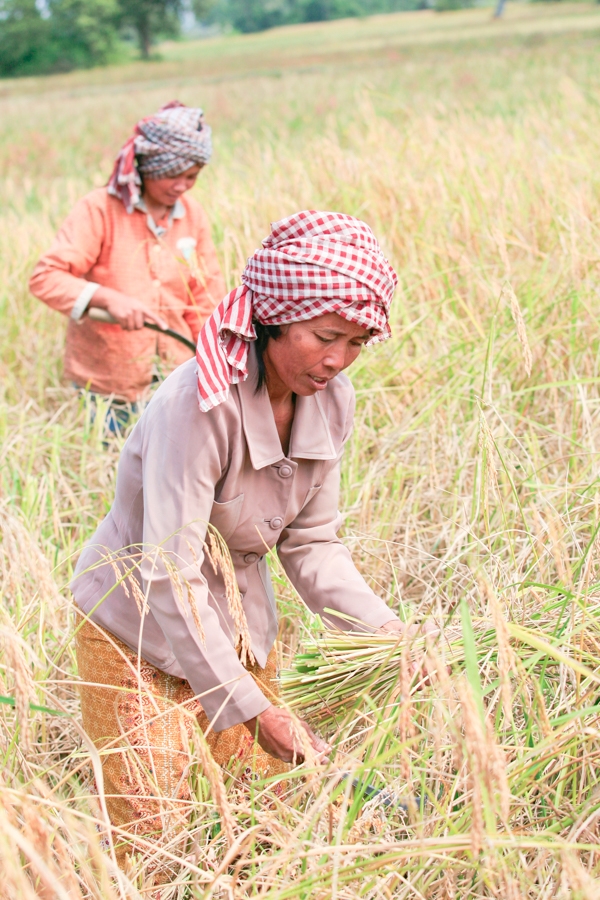Responsible businesses are key to Cambodia’s future
Companies that operate responsibly are more likely to be profitable and gain access to international investment and markets
The concept of corporate social responsibility has been around since the 1960s, making “CSR” a familiar acronym, but the very practical meaning behind it has become more difficult to grasp as its definitions proliferate and create confusion about what CSR is and what it is expected to achieve.
Dr. Romina de Jong, who leads the steering committee of Cambodia’s 39-member CSR Platform, has a simple solution: “Forget about the abbreviations, it has everything to do with impact. CSR is about running your business in a responsible way. That means you try to maximize your positive impact and minimize your negative.”
Guaranteeing sick days, paying annual leave and providing proper protective equipment for employees are a few ways companies can be responsible, Dr. De Jong says. Exploitive overtime policies, long hours with little to no breaks and an indifference towards waste management have the opposite effect. Thinking about responsible business practices as costs is unimaginative. “Businesses can be profitable while at the same time being responsible,” Dr. De Jong points out, citing companies like Pactics. It provides its working mothers with free daycare at its factory in Siem Reap. The service also benefits the company’s bottom line, saving time and money that would be lost by absenteeism as well as the cost of hiring and training new workers.
Context is key to how CSR functions, Dr. De Jong explains. For example, CSR practices at a car plant in Germany will differ from those at a garment factory near Phnom Penh. Sector, size and scale are factors that management should consider when determining a CSR strategy. Cambodia, however, lacks standards to guide domestic businesses to become more responsible. “The absence of national guidelines on responsible business makes it difficult for local businesses to set a course, which is one of the reasons we formed this platform,” Dr. De Jong says, referring to the CSR platform.
One common misconception is that CSR is implemented through charitable donations. However, philanthropy – while praiseworthy – is not CSR, which should be a set of practices embedded in the way a business operates. “[Business owners] tend to think, ‘if I just do something nice for the community every now and then I’m doing a good job’, but that isn’t what CSR and responsible business is about. It’s about how you can really improve your impact on a day-to-day basis,” explains Dr. De Jong.
Amru Rice, another CSR Platform member, implements its responsibility model through farming cooperatives in Preah Vihear province. It has partnered with an NGO that provides training on organic farming practices to cooperatives, which then provide training to local farmers. The company purchases their rice at a premium price and exports it to the European market, a sale that would not be possible without proper CSR standards in place.
“Our experience is already showing that businesses that embrace responsible and sustainable models are benefiting in many ways. They are reducing long-term costs and are in better shape to compete, in Cambodia and beyond its borders,” Dr. De Jong says.
Source: http://www.khmertimeskh.com/news/38760/responsible-businesses-are-key-to-cambodia—s-future/


 English
English




